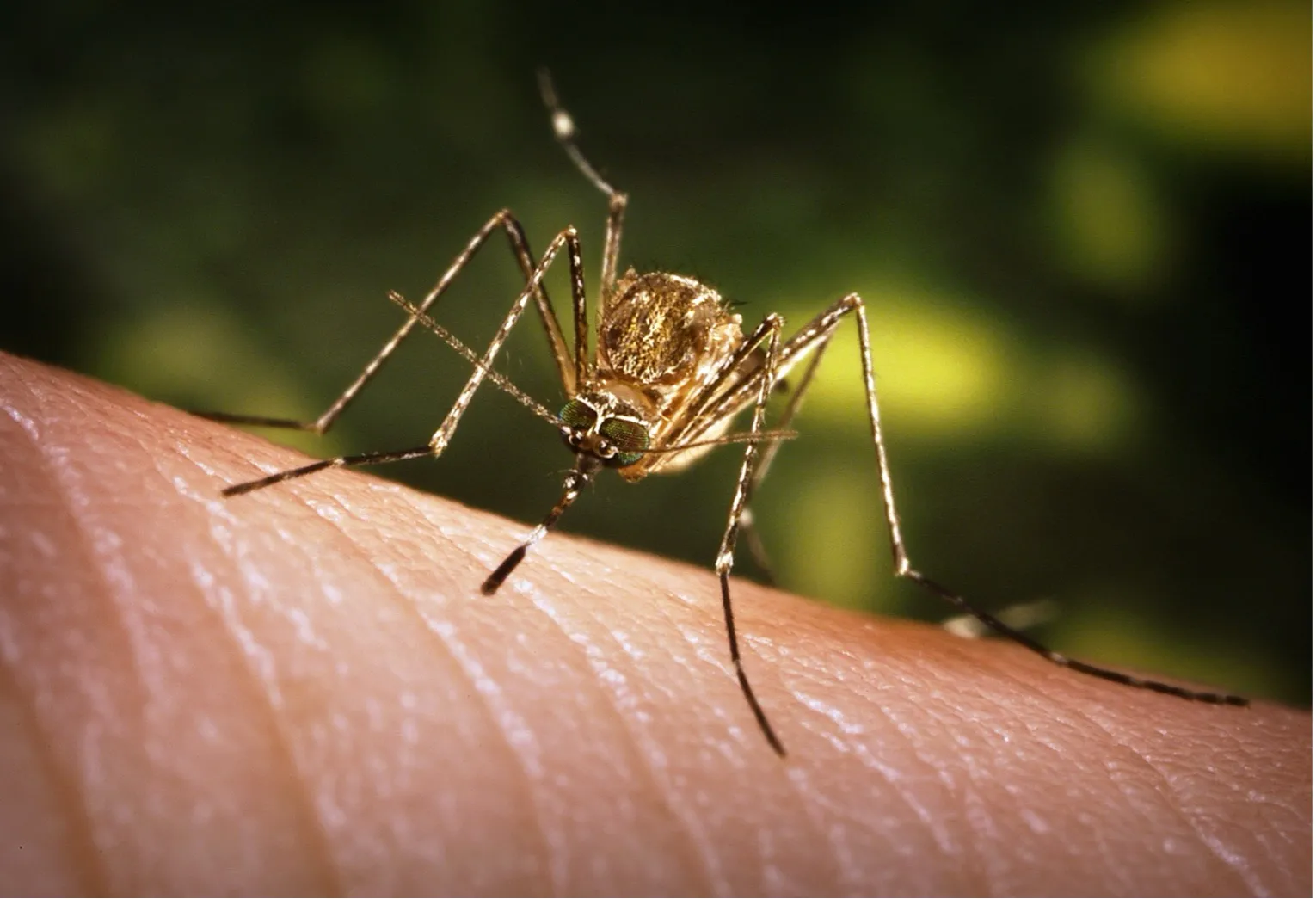Mosquito season is in full swing in California, and the deadly West Nile virus is making its way around the state. Health officials have identified the virus in 17 counties and there has been 1 confirmed human death so far this year.
West Nile virus is one of several diseases that can be transmitted to humans through mosquito bites. Mosquitoes become infected with the virus when they feed on infected birds. Risk of disease from mosquito bites is highest in the summer when mosquitoes become more active, so take steps to protect yourself during this time.
- Use an EPA-approved mosquito repellent that contains DEET, Picaridin, or oil of lemon eucalyptus. DEET is the most effective repellent if you will be outside for long periods. Be sure to follow all label instructions. Visit the EPA website to learn how to use repellents safely and choose the right one for you: https://www.epa.gov/insect-repellents/using-insect-repellents-safely-and-effectively.
- Eliminate mosquito-breeding habitat. Prevent water from collecting around your home in buckets, flowerpots, bird baths, gutters, tree holes, or toys. Dump standing water immediately; mosquitoes can go from egg to adult in just 5 days.
- Prevent mosquitoes from coming inside. Make sure that doors and windows have tight-fitting screens. Repair or replace screens that have tears or holes. Ensure dog doors and other entrances to the outside are properly sealed.
To learn more about West Nile virus, visit westnile.ca.gov. For information on mosquito management and prevention, see Pest Notes: Mosquitoes from UC IPM.
Image


